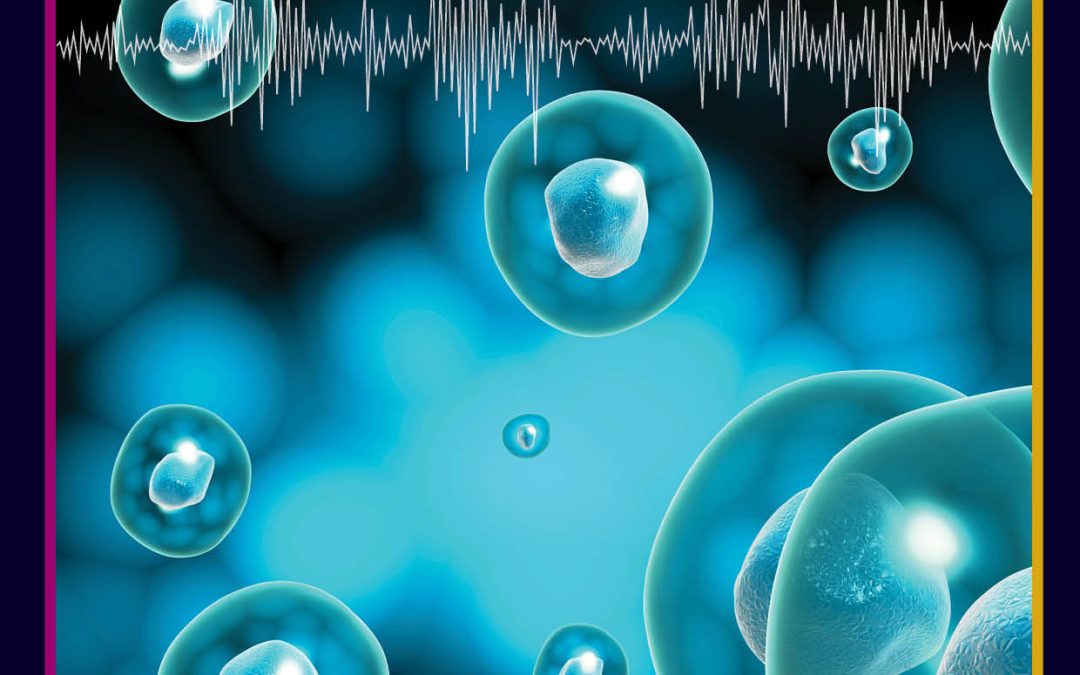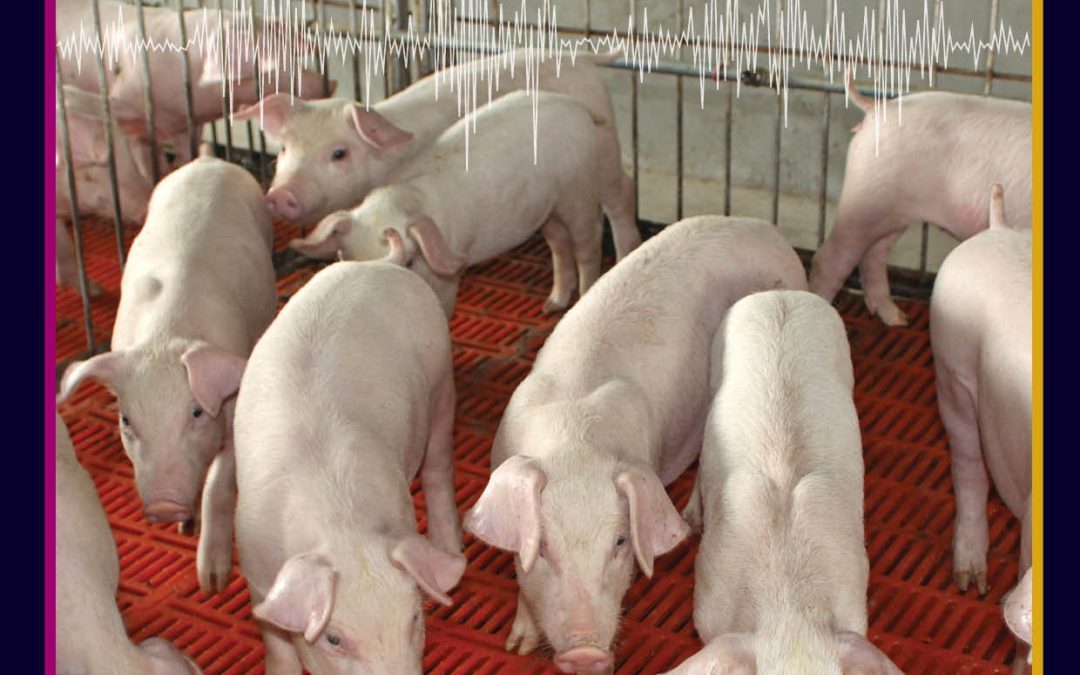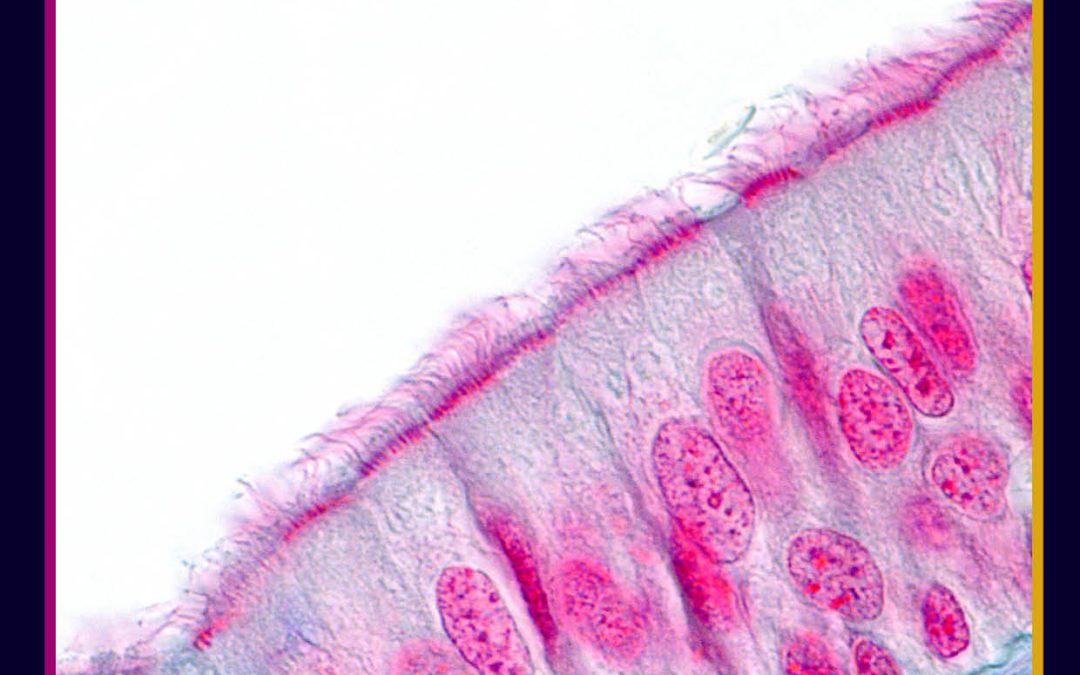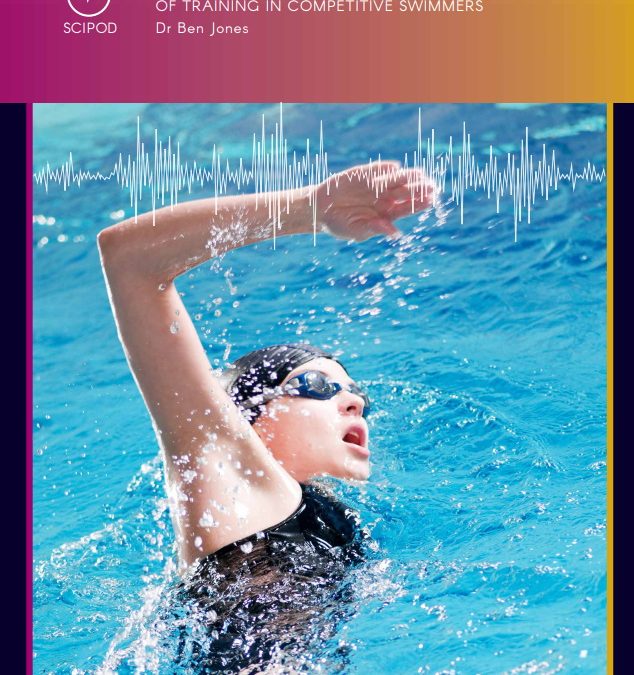
by admin | May 20, 2022 | health and medicine, trending
Digital health interventions have the potential to revolutionalise the management of health information. Despite reduced costs and increased accessibility of technology across the world, the implementation of digital health technologies in low- and middle-income countries has been less than optimal. Dr Samantha Dolan at PATH and the University of Washington and her colleagues investigated the perceived facilitators and barriers to electronic immunisation registry implementation in Tanzania and Zambia, and provide important recommendations for future practice.

by admin | May 20, 2022 | health and medicine, trending
There are over 3,600 established cell lines from 150 different species that can be used for scientific and medical research. In two recent studies, Dr Ruth MacKinnon and her team from St Vincent’s Hospital in Melbourne used multiple molecular methods to investigate changes in the way the genes are organised in two types of these cells. They demonstrated the importance of using multiple complementary methods and found that these cells can continue to evolve in the laboratory. They also uncovered evidence of a previously unreported process called ‘centromere capture’ which may be involved in the evolution of cancer cells.

by admin | May 19, 2022 | business and economy, trending
In recent years, many researchers have been investigating the associations between wage, education, and productivity, to gather valuable insight that could guide business decision-making. Professor Qiao Wang at Capital University of Economics and Business in Beijing has recently carried out a study specifically exploring the possibility that the motivation and productivity of business managers could be affected by their levels of education.

by admin | May 18, 2022 | biology, health and medicine, trending
Weaning is an important time in the pig lifecycle, and changes in diet and environment can lead to unbalanced gut microbiota and pathogen colonisation. Prof. Luciana Rossi, Dr. Matteo Dell’Anno from the University of Milan, and Dr. Maria Luisa Callegari from Catholic University of Sacred Heart, have been investigating the impact on gut bacteria of adding natural compounds known as tannins to piglet food. Importantly, they found that tannins do affect the gut bacteria; with increases seen in bacteria associated with improved growth and gut health, and in particular, those that produce butyrate – a substance with proven health benefits.

by admin | May 18, 2022 | health and medicine, trending
Epithelial tissue is a protective layer of cells bound together into thin sheets that coat the internal and external surfaces of major body organs. The largest is the epidermis – the outer layer of the skin. This sheet-like structure is integral to its function and is maintained by a complex scaffolding network called the extracellular matrix (ECM). Dr Jacopo Di Russo and his colleagues at the Interdisciplinary Centre for Clinical Research of the University Hospital of Aachen, Germany, have recently discussed the diverse nature of the ECM and its hugely unmet potential within bioengineering.

by admin | May 18, 2022 | health and medicine, trending
Swimming was one of the nine original Olympic sports in 1896, and to this day, remains one of the most popular competitive and recreational sports. However, methods to track the effect of training programmes and physiological changes in swimmers have lagged behind those of other sports due to difficulties caused by the aquatic environment. Dr Ben Jones and his team from the University of Essex have used a novel underwater near infrared spectrometer to monitor the effects of a training programme on muscle oxygenation in teenage swimmers.






